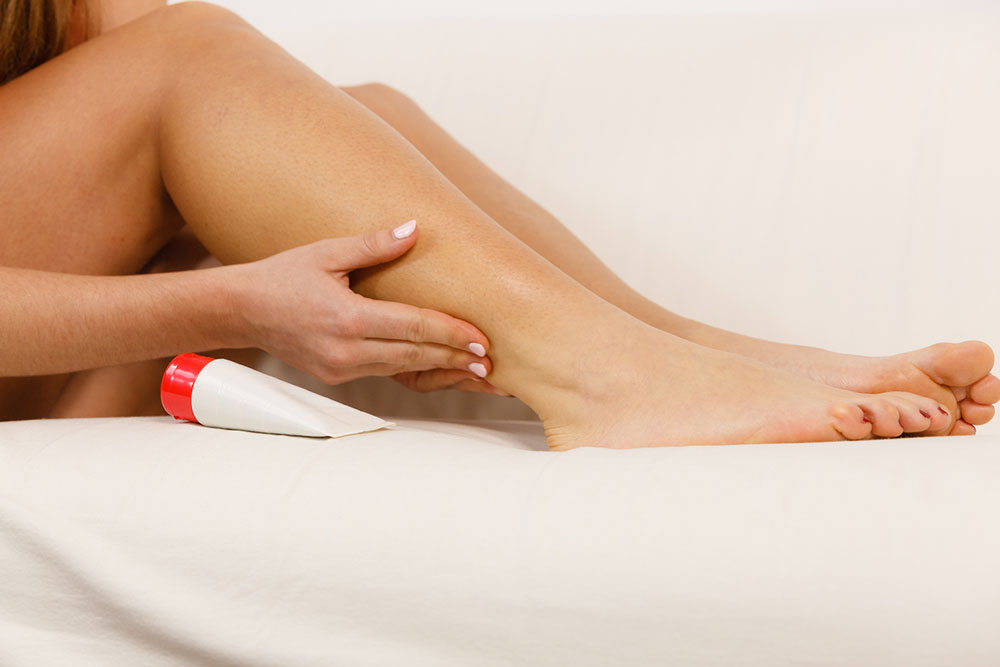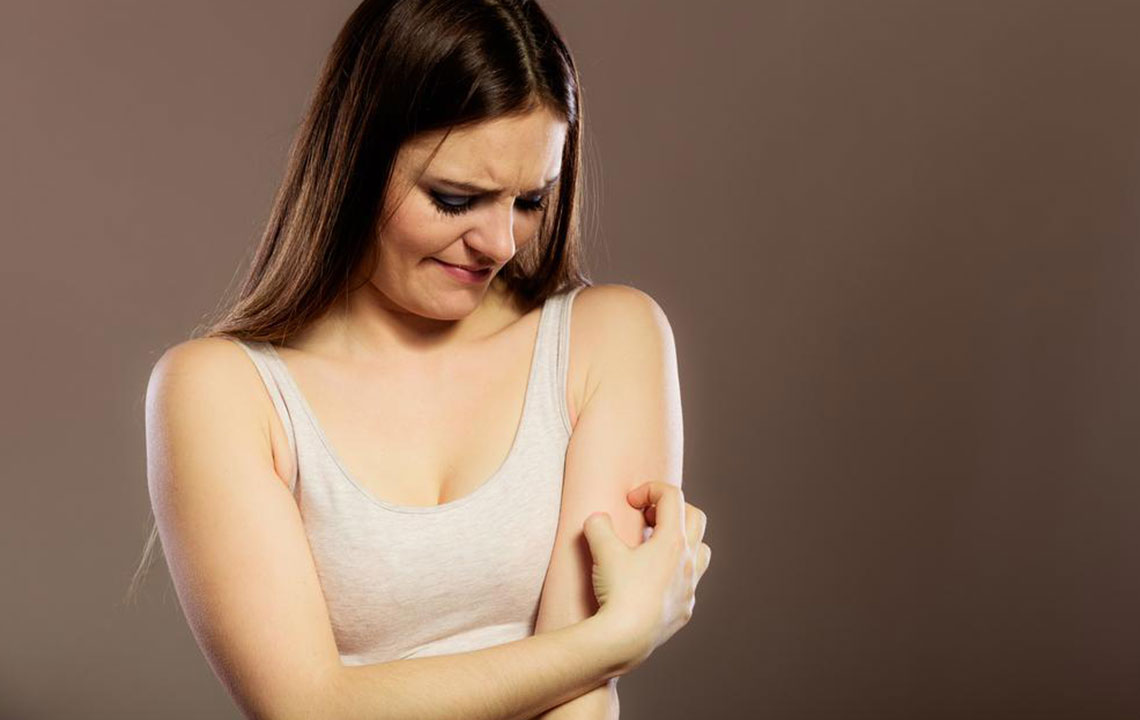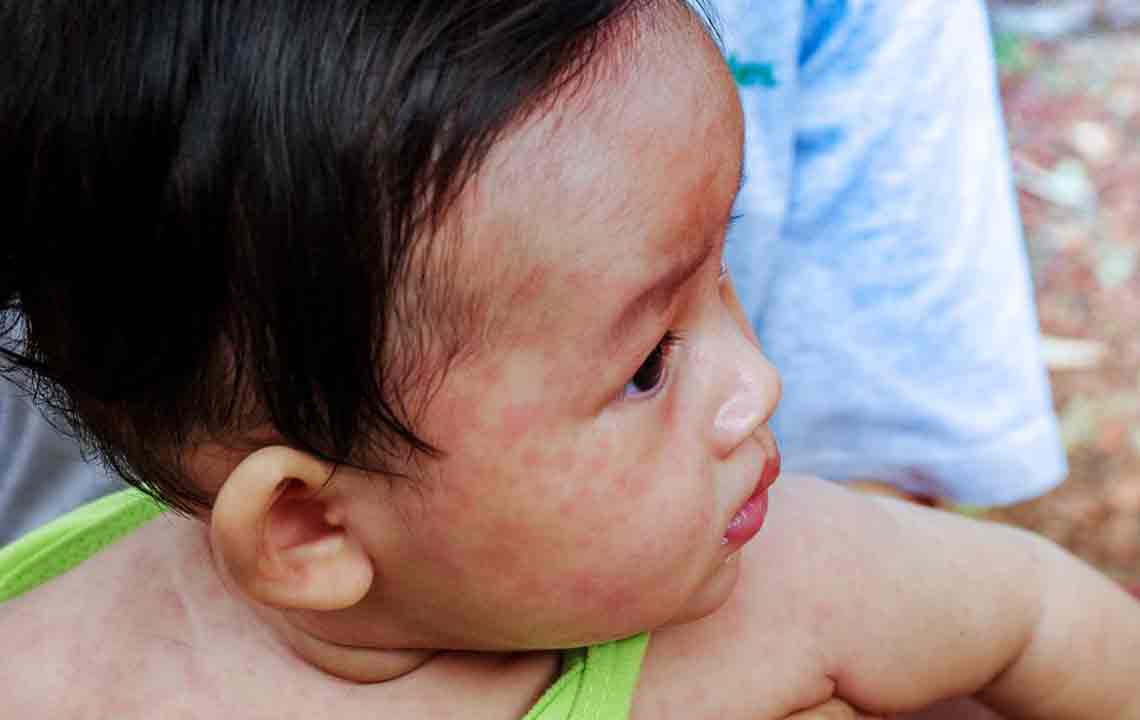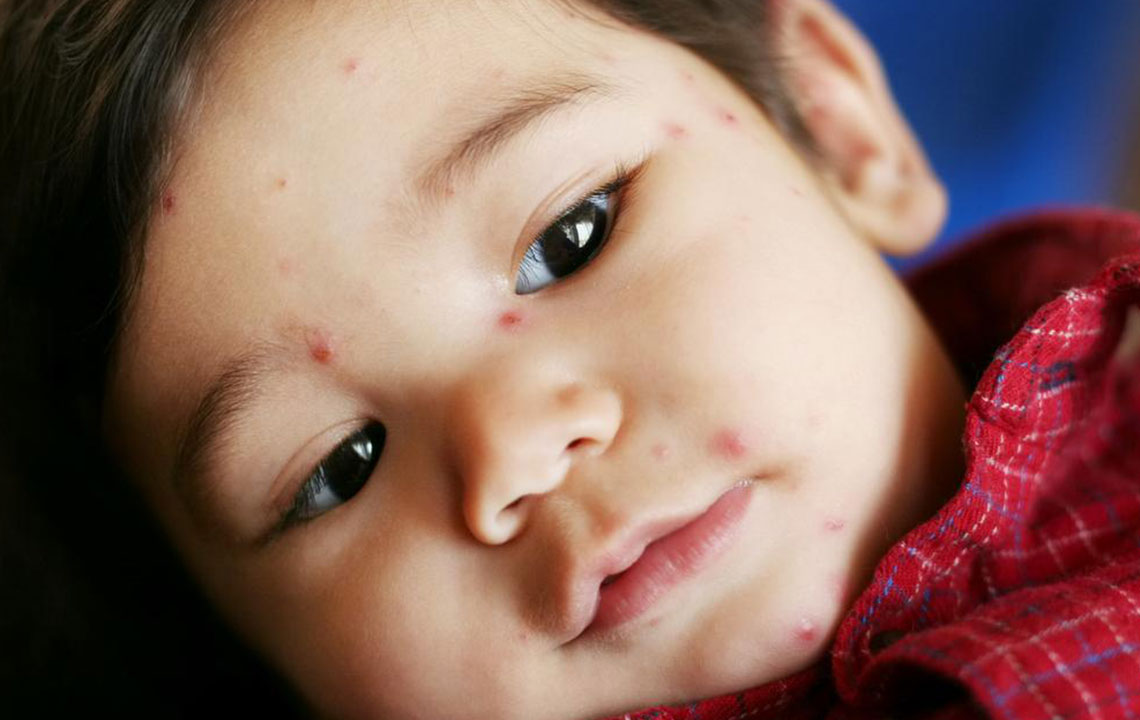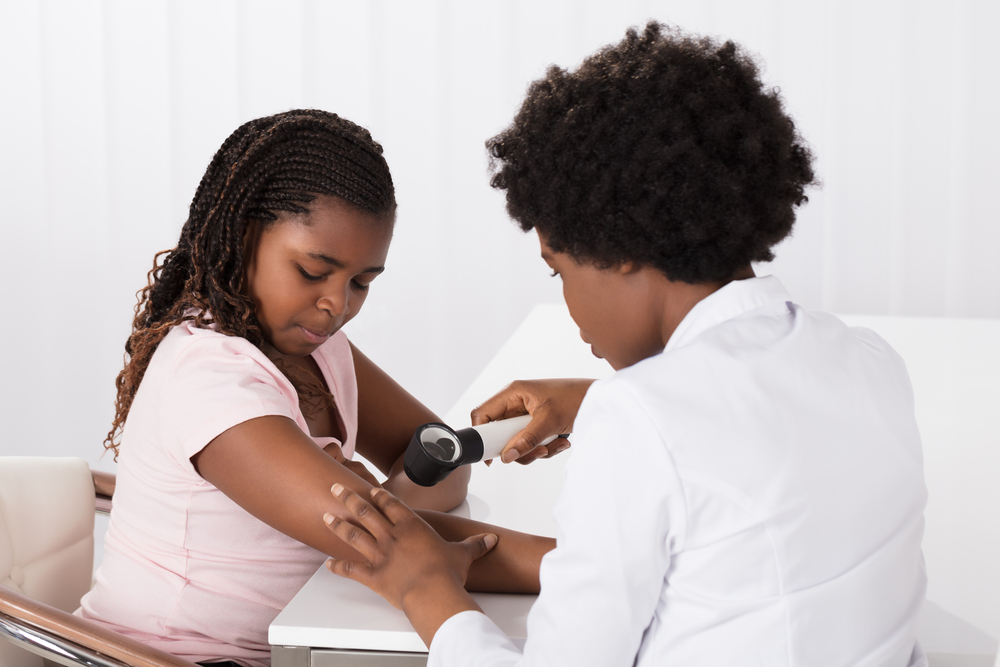Understanding the Causes and Signs of Shingles
This article explores the causes, symptoms, and management options for shingles. It details how the varicella-zoster virus reactivates in individuals with weakened immunity, especially in older adults and immunocompromised persons. Recognizing early signs like pain and rash is crucial for treatment, which includes antiviral drugs and preventive vaccination. While no cure exists, proper management reduces symptoms and risk of complications, emphasizing the importance of vaccination for at-risk groups.
Sponsored

Shingles is an infectious condition caused by the varicella-zoster virus, the same virus responsible for chickenpox. After initial infection, the virus remains inactive in the nervous system and can reactivate later in life, leading to shingles. This virus belongs to the herpes family, which is why shingles is also known as herpes zoster.
While numerous treatments are available to alleviate symptoms, there is currently no cure for shingles.
Causes
Reactivation of the dormant varicella-zoster virus within the nervous system triggers shingles.
Though the exact reason for reactivation is unclear, weakened immunity is a significant factor.
Older adults over 50 are more prone due to declining immune function.
Individuals with compromised immune systems, such as those with HIV/AIDS, are at higher risk.
Certain medications like chemotherapy, immunosuppressants, or prolonged steroid use can increase susceptibility.
Pregnant women exposed to chickenpox or shingles can transmit the virus to their newborns.
Stress can weaken immune defenses, raising the risk of reactivation.
Symptoms
Shingles typically begins with a burning, tingling sensation, or sharp pain localized to one area, often on the torso, face, or near the eyes.
A rash usually appears within days as red patches that develop into blisters filled with fluid.
Existing blisters eventually dry out and crust over, though new ones may form during this process.
Less common symptoms include fever, fatigue, headache, muscle and joint pain, light sensitivity, nausea, swollen lymph nodes, and rare complications like brain inflammation or pneumonia.
Management
While no cure exists, antiviral medications can reduce severity and duration.
A shingles vaccine is recommended for those over 60 to prevent reactivation.
Topical treatments like capsaicin cream can alleviate pain, and calamine lotion may relieve itching.

